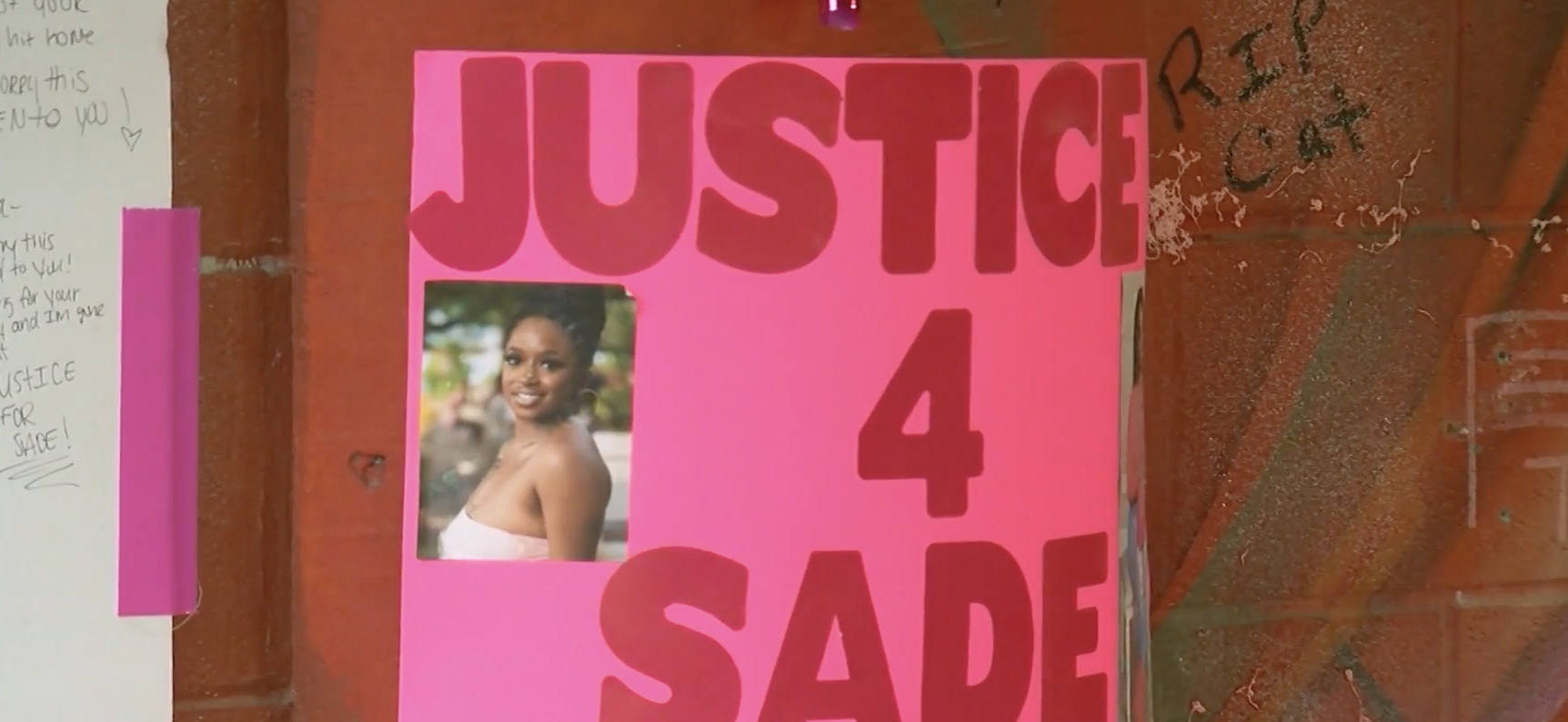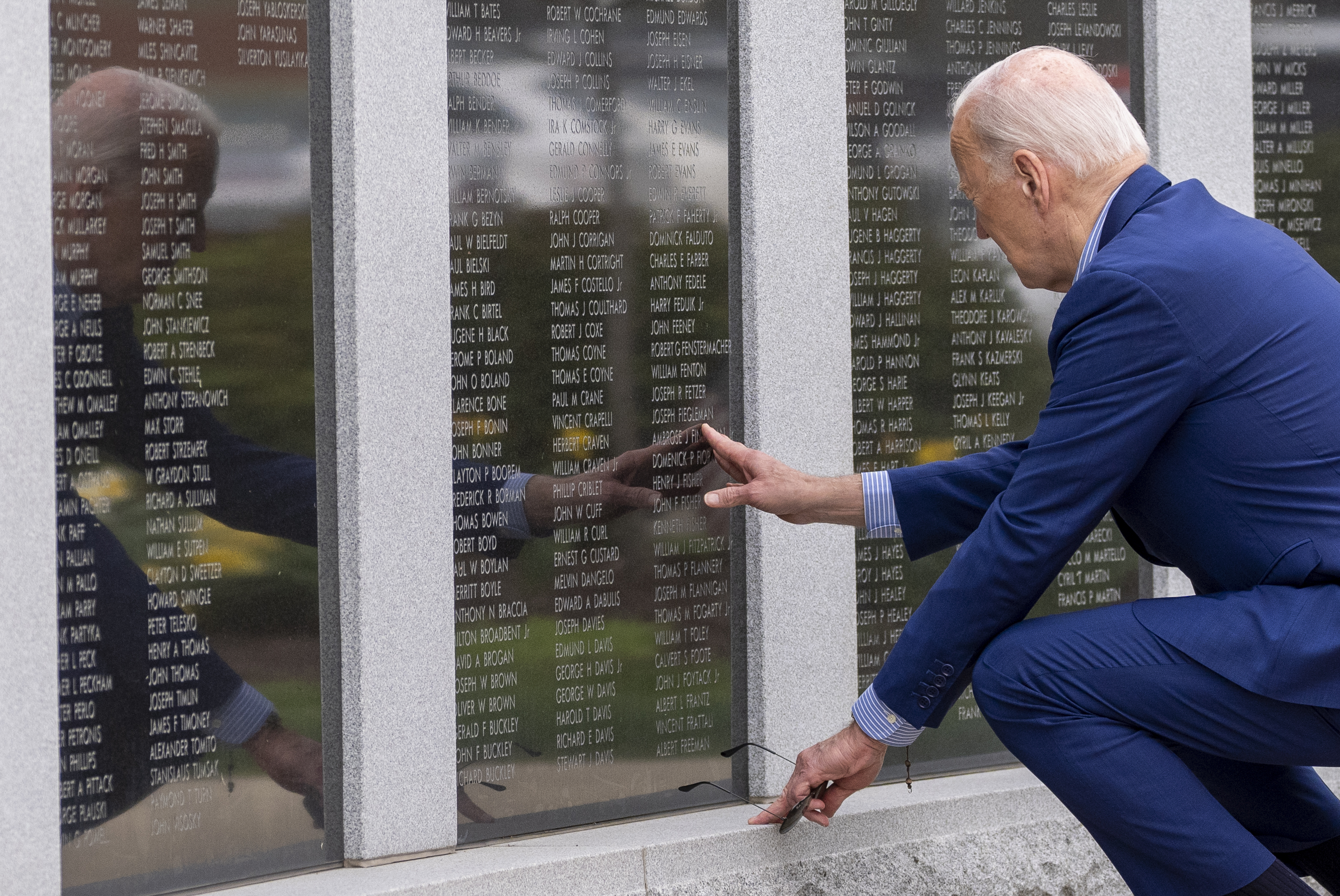Authorities today arrested 15 defendants named in a federal racketeering indictment that describes the growth of three Los Angeles criminal street gangs that combined under a truce ordered by a Mexican Mafia member with the aim of controlling crime in the neighborhoods where the gangs operated, the U.S. Department of Justice announced.
Prosecutors said the indictment returned Wednesday by a Los Angeles federal grand jury outlines how Mexican Mafia member Arnold Gonzales created criminal enterprise by unifying three gangs that had traditionally been rivals.
According to the 27-count indictment, the ``peace treaty'' imposed by Gonzales brought together the Frogtown, Toonerville and Rascals gangs, which then worked “in concert to control the narcotics trafficking and other illicit activities committed in their territories,'' which run along the Los Angeles River from Elysian Park nearly to Burbank, according to the indictment.
The indictment alleges a conspiracy to violate the Racketeer-Influenced and Corrupt Organizations Act and accuses 22 defendants of being “members and associates of a criminal organization engaged in, amongst other things, conspiracy to traffic in narcotics, narcotics trafficking, extortion, and crimes of violence, including conspiracy to commit murder, murder, attempted murder, and robbery.”
Exploiting a power vacuum created by previous federal RICO cases targeting Northeast Los Angeles gangs and the Mexican Mafia members who controlled them, Gonzales allegedly assumed control of the three street gangs in the fall of 2010, officials said.
Because he was incarcerated in Pelican Bay State Prison after being convicted of murder, Gonzales anointed another Frogtown member -- Jorge “Bouncer” Grey -- to be his emissary on the streets, according to the indictment. Acting as the so-called shot-caller, Grey convened a meeting of the three gangs in September 2010. At the meeting, Grey informed gang representatives he was Gonzales' “mouthpiece'” and that he had orders to broker a truce among the rival gangs so they could work to control illegal activities in the area on behalf of, and for the benefit of, Gonzales, according to federal prosecutors.
The investigation showed that nearly two years after its formation, the three longstanding rival gangs had coalesced into a successful single criminal enterprise, authorities said.
One of the Toonerville shot-callers, Manuel Vallejo, often discussed a gangland ``United Nations,'' which he said was the “game plan,” the indictment alleges.
As recently as several months ago, Vallejo boasted about the execution of that “game plan,” noting that he was part of something that had ended more than 50 years of fighting between Frogtown, Toonerville and the Rascals, prosecutors said.
U.S. & World
“For the past two decades, federal authorities have been fighting the influence of the Mexican Mafia both inside prison facilities and on the streets of Southern California,” said Assistant U.S. Attorney Robert Dugdale, chief of the office's Criminal Division. “We sought to ensure that being a shot-caller in such a gang is a job whose only reward will be many, many years in federal
custody.
“The indictment announced today is the latest salvo in this battle, and we will continue our crackdown on criminal organizations like the Mexican Mafia and street gangs that do its bidding as long as they threaten our communities,” Dugdale said.



